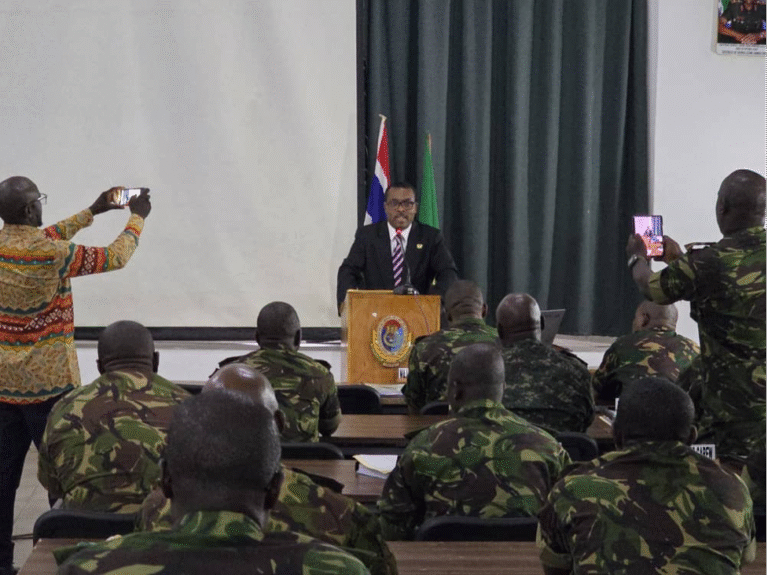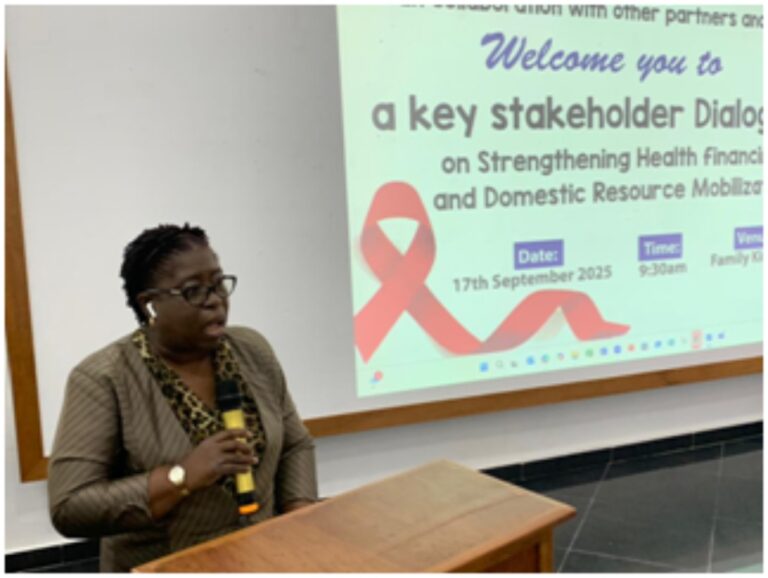MoECC/Comm Unit
The Ministry of Environment and Climate Chang has commenced one day District Stakeholder Consultation in the Northern Region on the Development of a Climate Legislation for Sierra Leone. The consultation brought together key amongst others; Government Institutions, Traditional Leaders, Local Councils, the Sierra Leone Police, Legal Officers, Farmers, Youths and Civil Society Activists from Mongo Community, Falaba District, Kabala in Koinadugu District, Magburoka in Tonkolili District and in Makeni, Bombali District respectively.

The proposed Climate Bill is expected to deliver several key functions. It will establish long-term climate goals, set out systems for monitoring and adjusting actions in response to evolving scientific evidence, and integrate climate objectives across national and sectorial policy planning. Additionally, the law will promote the mobilization of climate finance by creating greater predictability for investors through transparent and efficient allocation mechanisms. It will also strengthen resilience across vulnerable communities, ecosystems, and economic sectors, ensuring Sierra Leone is better prepared to cope with the impacts of climate change.
The law is anticipated to cover a wide range of areas, from carbon credit systems and greenhouse gas reduction targets to institutional roles, public awareness, and grievance procedures.

Speaking to different stakeholders, the Director of Environmental Emergencies of the Ministry of Environment and Climate Change, Lahai Samba Keita acknowledged some key environmental problems such as global warming, ozone depletion and destruction, deforestation and other human illegal activities which have occasioned to gross climate impact across the country. Sequel to this he noted that there has been a global call for countries to protect their natural ecosystems and to reduce carbon emission.
Director Keita disclosed that the government is now fully prepared to develop a climate change law which would strengthen resilience across vulnerable communities, ecosystems, and economic sectors. He said that consultations are required to solicit stakeholders’ expertise and recommendations, adding that their contributions are crucial to develop the law. He noted that all facets of opinions, views and recommendations would be put together by a national consultant for drafting the climate Act. He affirmed that subsequent presentation would be done on the draft document for stakeholders to validate it. He encouraged all participants to make necessary inputs into the climate document.
Presentations on the climate document were done by the consultant and the Director followed by stakeholders’ presentations during a group sessions which climaxed the consultation.







